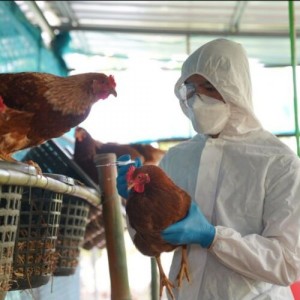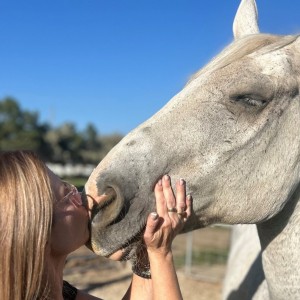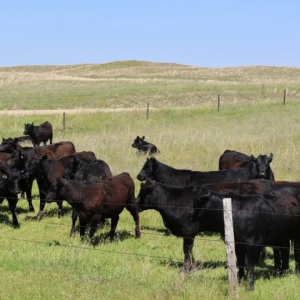Study unveils first global dataset for SARS-CoV-2 infections in animals
More than 730 animal events in 39 countries identified to date
A multidisciplinary team led by researchers at the University of Vienna have created a comprehensive global dataset of SARS-CoV-2 infections in animals. The team’s findings were published in the journal Scientific Data in July 2022.
Amélie Desvars-Larrive, principal investigator of the study and a researcher at the Complexity Science Hub Vienna, said in a news release that there was an urgent need for a global dataset on SARS-CoV-2 events in animals that can be easily imported, processed and analyzed.
The initiative aims to facilitate One Health approaches on SARS-CoV-2, recognizing the interdependence of human, animal and environmental health to obtain optimal health for all.
“Although animals do not appear to play a significant role in the spread of COVID-19 among people currently, One Health tools that enable the integrative analysis and visualization of SARS-CoV-2 events are critical,” said Desvars-Larrive.
Two major animal health databases
Desvars-Larrive and the research team extracted, combined and structured information on SARS-CoV-2 cases in animals. They included publicly available data from two major animal health databases: the Program for Monitoring Emerging Diseases (ProMED), a reporting system of the International Society for Infectious Diseases and the World Animal Health Information System (WAHIS) of the World Organization for Animal Health.
The unified dataset, called SARS-ANI, feeds a dashboard, which includes an overview of SARS-CoV-2 events in animals worldwide. The events are categorized by species, clinical signs that were allegedly associated with the disease, control measures and outcomes and a geographical overview of all events. The dashboard is linked to the live dataset available on GitHub.
Answers to current questions
The dataset can help to answer some of the questions regarding SARS-CoV-2 in animals, according to the authors. It shows, for instance, that the number of reported SARS-CoV-2 cases in animals is steadily increasing worldwide. A total of 735 events have been reported in 39 countries, across 31 animal species as of Oct. 13, 2022. One event can include one or more cases that are epidemiologically related.
The team described a high diversity of SARS-CoV-2 variants in the animal hosts, especially in American mink and white-tailed deer. These variants show similarities with human variants. In terms of animal case fatality rates, they are low.
The dataset is a joint effort by experts from Complexity Science Hub, University of Veterinary Medicine Vienna and Wildlife Conservation Society. View the dashboard at: https://vis.csh.ac.at/sars-ani/
Nerpel, A., Yang, L., Sorger, J. et al. "SARS-ANI: a global open access dataset of reported SARS-CoV-2 events in animals." Sci Data 9, 438 (2022). https://doi.org/10.1038/s41597-022-01543-8














List
Add
Please enter a comment